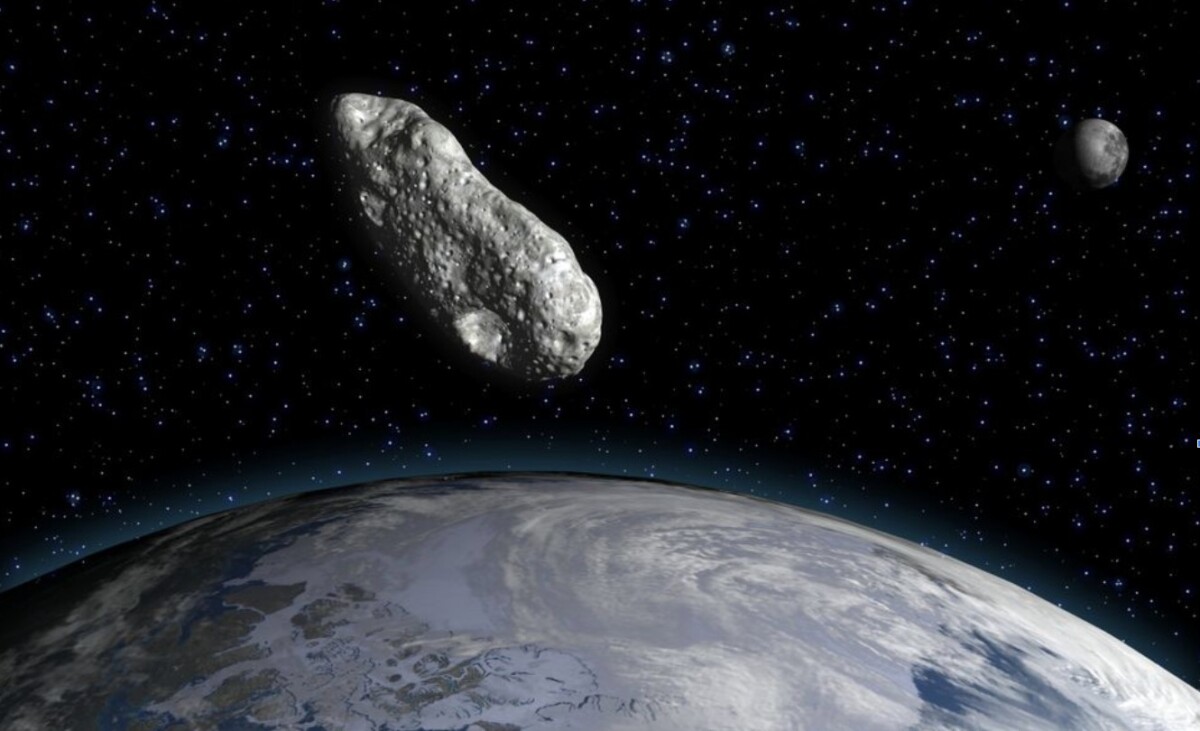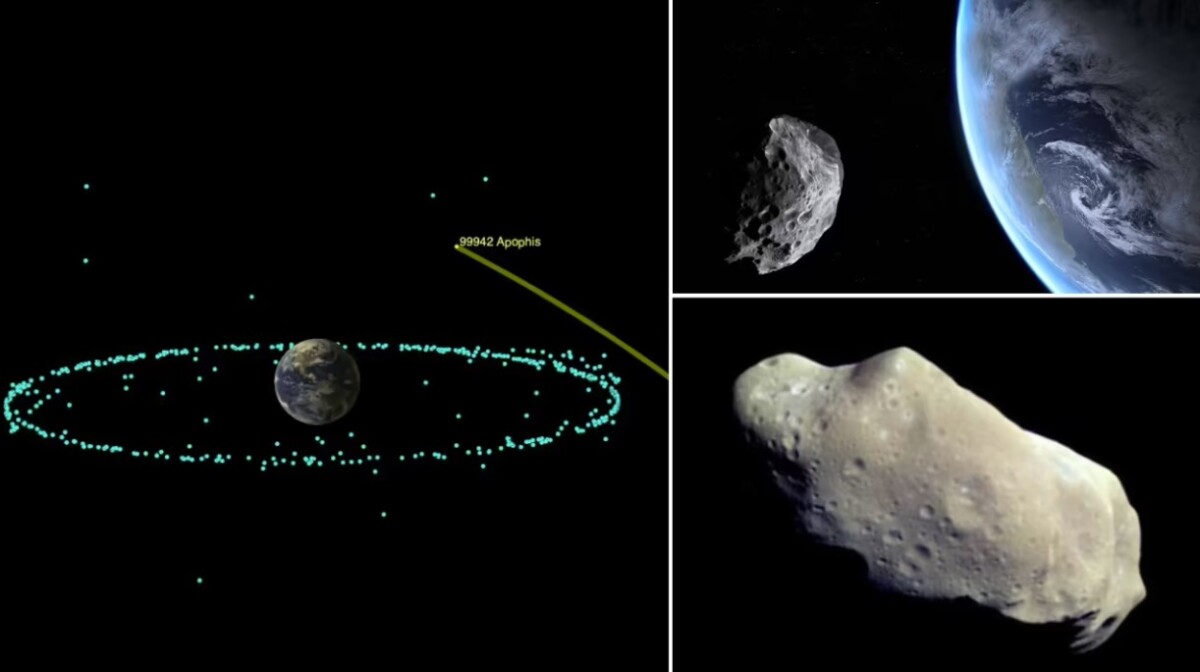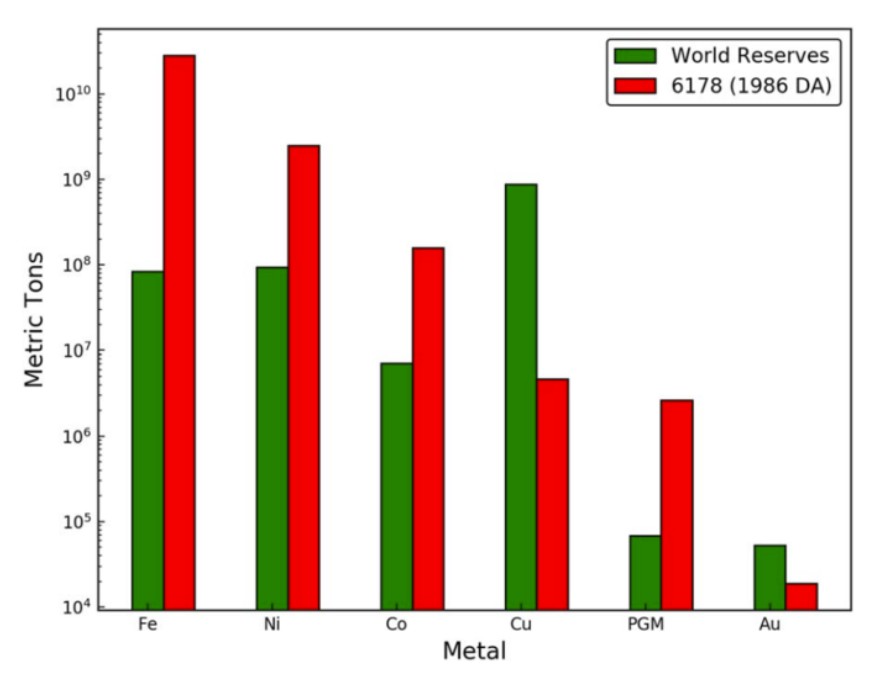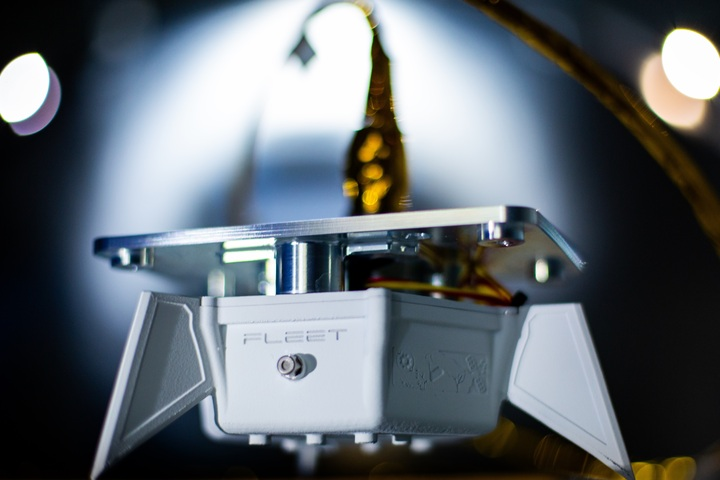Fleet Space’s off-world exploration target

Fleet Space Technologies has signed a Memorandum of Understanding (MoU) with ExLabs to deploy its off-world exploration technologies to survey the asteroid Apophis.
The technologies will be used as part of ExLabs’ ApophisExL mission, planned for launch in 2028, representing a step toward advancing the science of off-world exploration and planetary defence while building essential capabilities for the development of a sustainable space resources economy.

Apophis, a near-Earth asteroid with an average diameter of 340m discovered in 2004, will pass about 32,000km from Earth’s surface — closer than geosynchronous satellites.
Research suggests that Apophis likely contains valuable metals and minerals that could one day be harnessed to support human infrastructure in space and critical industries. Its proximity offers a unique opportunity to advance planetary defence strategies, while deepening scientific understanding of asteroid composition, behaviour and resource potential.

Fleet Space chief exploration officer and co-founder Matt Pearson says asteroids are trillion-dollar floating orebodies that hold the resources humanity will need to build a permanent presence off-world.
“By scaling ExoSphere on Earth with the world’s largest mining companies, and deploying SPIDER on Firefly Aerospace’s Blue Ghost Mission 2, Fleet Space is proving how agile geoscience transforms data-driven resource development on Earth and beyond,” he said.
“This mission to Apophis is a foundational step for humanity to develop data-driven prospecting capabilities that support future missions to the moon and mars.”?
Research has already revealed that some metal-rich near-Earth asteroids contain more iron, nickel and cobalt than Earth’s known reserves. Two such asteroids, 1986 DA and 2016 ED85, are estimated to be 85% metal, underscoring the extraordinary potential value of these celestial bodies
As part of the ApophisExL mission, Fleet Space will contribute off-world geophysical sensing technologies to ExLabs’ mothership spacecraft, enabling targeted data collection and characterisation of Apophis.

By unlocking insights about Apophis’s characterisation, the mission will create new opportunities for data sharing and commercialisation, creating a framework for identifying and prioritising asteroids for resource prospecting while delivering vital intelligence for planetary defence strategies.
For Fleet Space, Apophis and other near-Earth asteroids represent a critical proving ground to advance the off-world variants of its terrestrial exploration system, ExoSphere, which is used by the world’s largest mining companies to image orebodies in real-time and develop mineral resources faster with less environmental impact.
Fleet Space chief science officer Gerrit Olivier says unlocking the potential of asteroids as resource-rich bodies depends on advancing science.
“We need precise geophysical and mineralogical data to characterise their composition, structure and behaviour in order to determine how these materials can be accessed and utilised,” he said.
“By advancing off-world sensing capabilities that deliver this insight, we are creating the scientific foundation for a future with proactive planetary defence, resource abundance to realise the energy transition, and sustainable expansion of humanity into the solar system.”






















